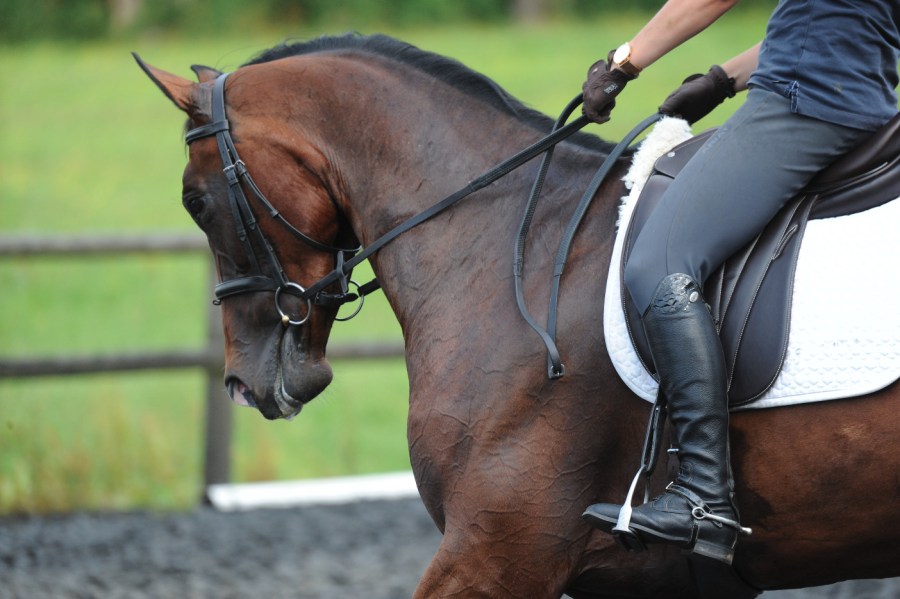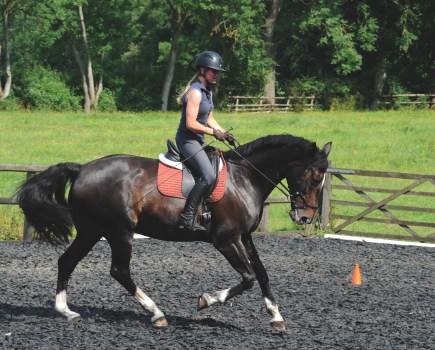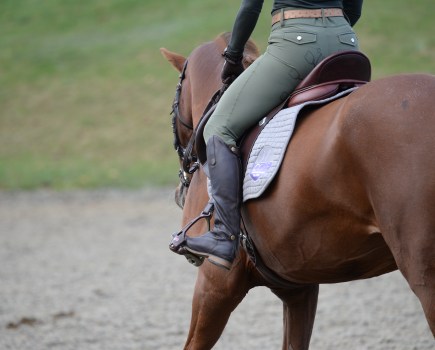Putting together a progressive training plan with key areas to focus on will have a big impact on your competition performance.
Olympic medallist Carl Hester shares his five essential tips for successful dressage training.
1, Transitions are fundamental
Carl uses lots of transitions when he’s training. Transitions between paces should be used for obedience, building strength, accuracy and timing.
“It’s fundamental riders incorporate many transitions into their sessions,” says Carl. “They need to be ridden well and accurately.”
2, Work on your core strength
“I recommend working without stirrups on occasion,” explains Carl. “This helps you measure how independent your seat is from the horse.”
It’s imperative you don’t rely on your horse’s mouth for balance and security. Having the ability to ride independently will help your horse balance and develop correct self-carriage, adds Carl.
“A seat independent of the horse is the difference between a good rider and a great rider,” he says.
3, Testing self-carriage
Teaching your horse self-carriage is a big part of his training. He shouldn’t rely on you to keep him balanced; he needs to learn to do this on his own.
“The give-and-retake exercise helps teach your horse to maintain his pace and self-carriage,” explains Carl.
Throughout your training session it’s a good idea to regularly ride a give-and-retake. This is to check that your horse isn’t using your contact to prop himself up.
4, Arena tricks
Clever use of your arena walls helps you teach your horse new exercises.
“Often at home, we use the walls alongside the arena to teach flying changes and to gauge whether the horse is straight,” Carl says.
Carl also suggests using the short sides of the arena as a schooling aid. They help you get a feel of your horse’s stride length, especially in collected and regular canter.
5, Variety is key
To help keep your horse fresh and interested in work, it’s important to vary what you do with him.
“My horses spend a lot of time on the move,” says Carl. “We hack them out, they’re turned out and it’s important to me that a horse lives the life of a horse.”
Schooling sessions at Carl’s yard rarely exceed 20 minutes and often include a hack down the road or through the fields before and after. All horses hack twice a week and Sundays are a day of rest.
Look what’s inside the latest issue of Your Horse









